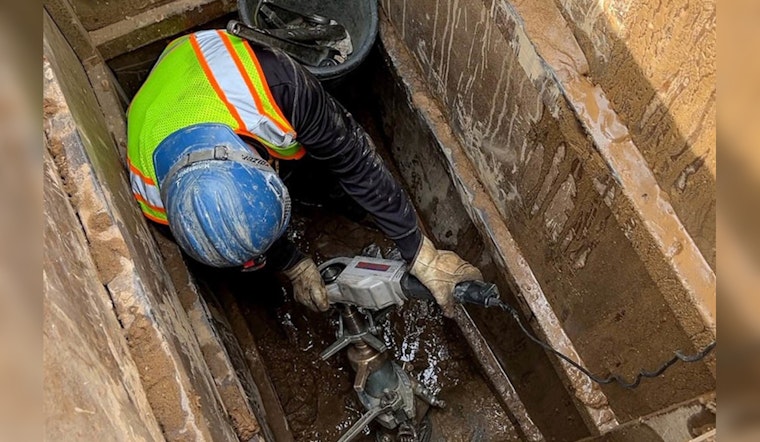In a significant move to safeguard public health, the City of Minneapolis is actively engaging in a citywide project to replace outdated, potentially harmful water lines with newer, safer alternatives. As stated in a
recent announcement
, this initiative was launched with the support of state and federal funds, specifically targeting lead water infrastructure across the city. Residents identified with susceptible water service lines received letters this week detailing the material of their lines, potential risks, and the steps the city plans to quickly deploy for resolution.
Under Minnesota’s 2023 Lead Service Line Replacement legislation, the city is mandated to prioritize replacements, especially in districts where low-income families dwell, as well as where children have been found to have high blood lead levels. In a concerted effort to further optimize resources and extend benefits to homeowners, this program is intricately designed to replace approximately 400 lead service lines in 2024 using grant funds, with a goal to ambitiously expand to 1,000 in the following year. The city aims to replace all lead service lines by 2033, aligning with the federal deadline set by the Lead and Copper Rule Improvements.
Owning their water service lines puts residents in a unique position; the city requires their express consent before proceeding with replacements. Accordingly, homeowners slated for potential service line updates in the upcoming year will be contacted around December or January. Stressing the importance of cooperation, the city officials urge property owners to duly sign and return access forms upon receipt, expediting the replacement process.
As part of its proactive strategy to prevent lead contamination, Minneapolis invests in ‘corrosion control’ technology during the water treatment phase. By regulating pH levels and introducing ortho phosphate into the water supply, these measures are designed to form a protective scale that thwarts lead from contaminating the water. Moreover, residents with lead service lines are advised to always utilize cold water for consumption, flush their taps prior to use, and consider lead-reducing filters. For those seeking additional reassurance, the city offers free at-home testing kits for water quality analysis. Interested parties can access further information and view an interactive inventory map by visiting the
City of Minneapolis website
.
Note: Thank you for visiting our website! We strive to keep you informed with the latest updates based on expected timelines, although please note that we are not affiliated with any official bodies. Our team is committed to ensuring accuracy and transparency in our reporting, verifying all information before publication. We aim to bring you reliable news, and if you have any questions or concerns about our content, feel free to reach out to us via email. We appreciate your trust and support!



Leave a Reply